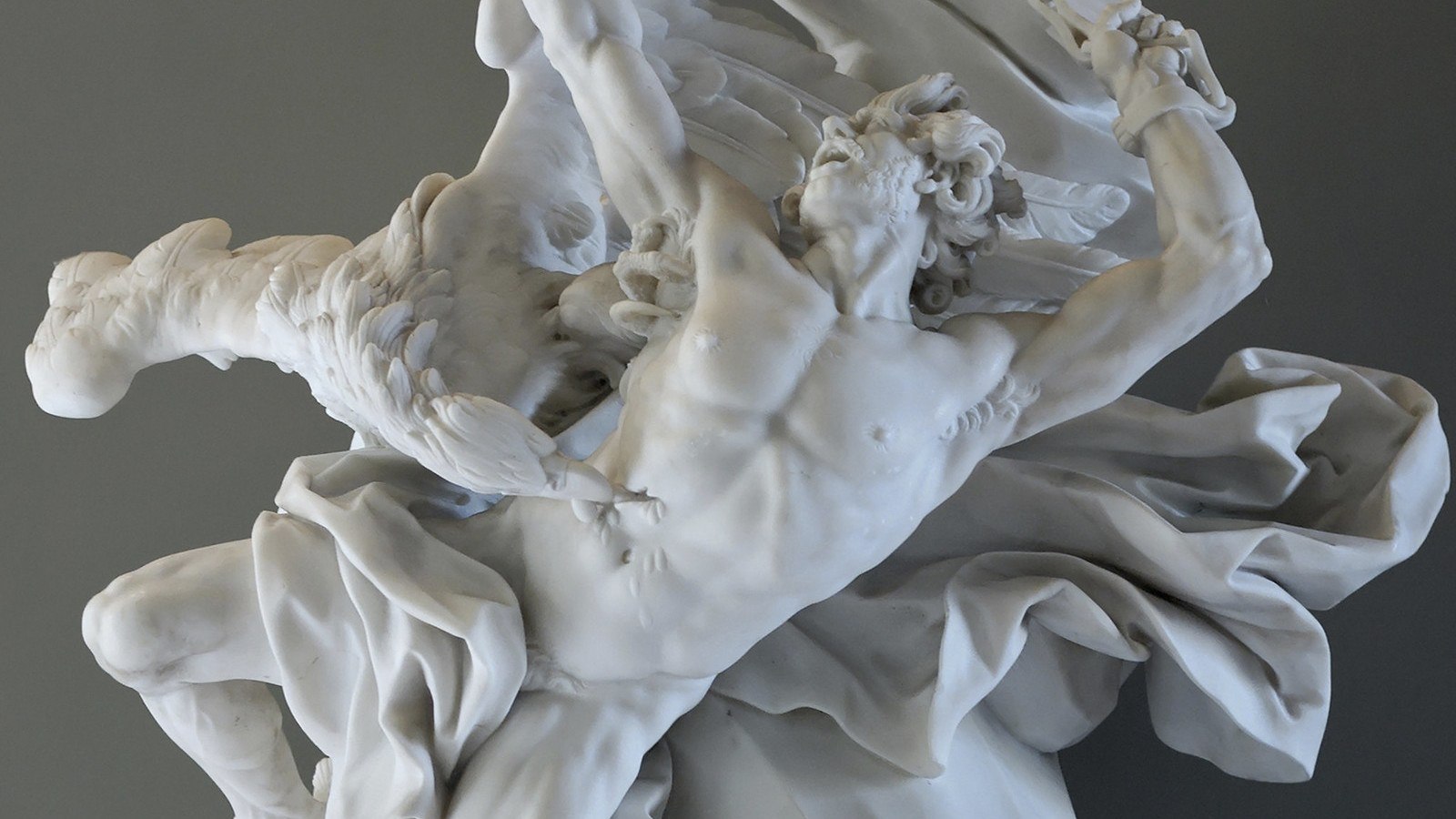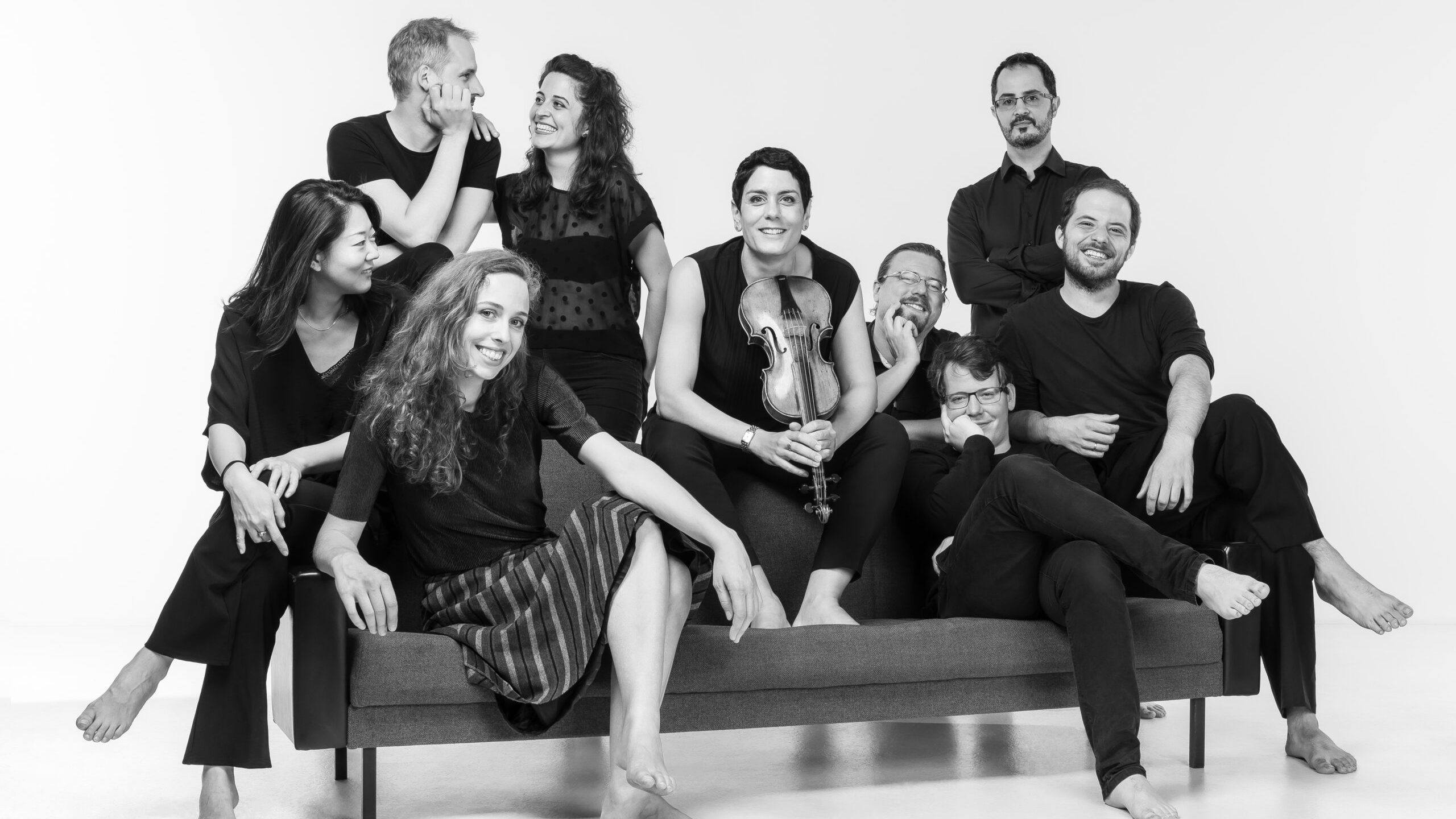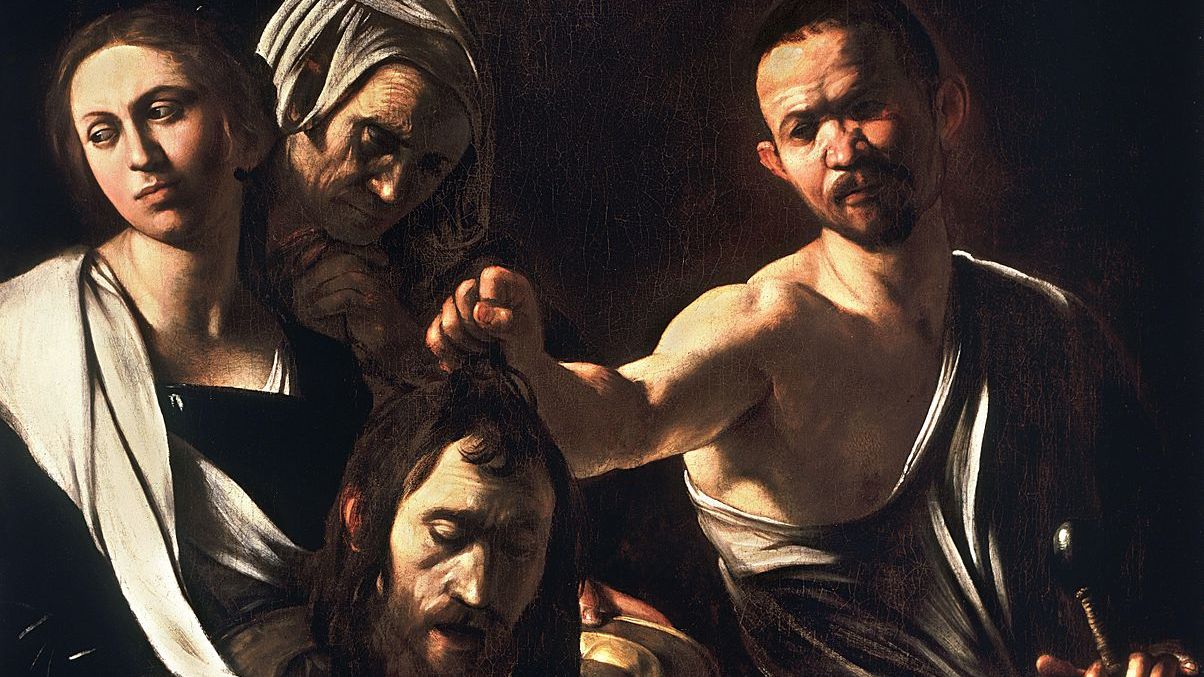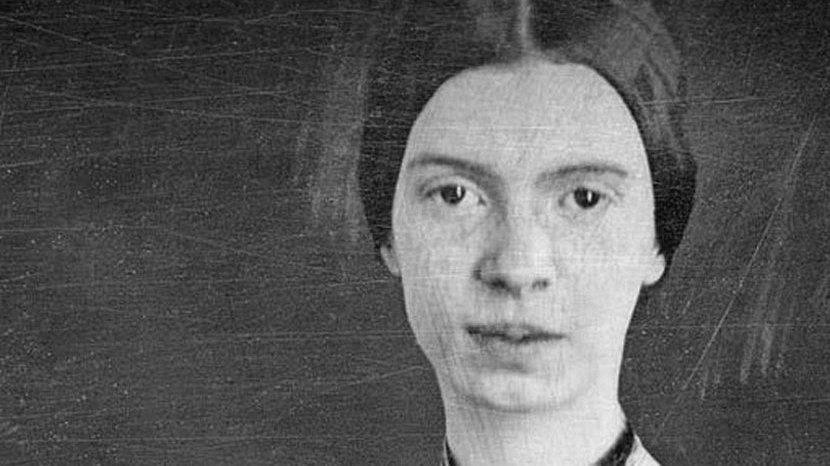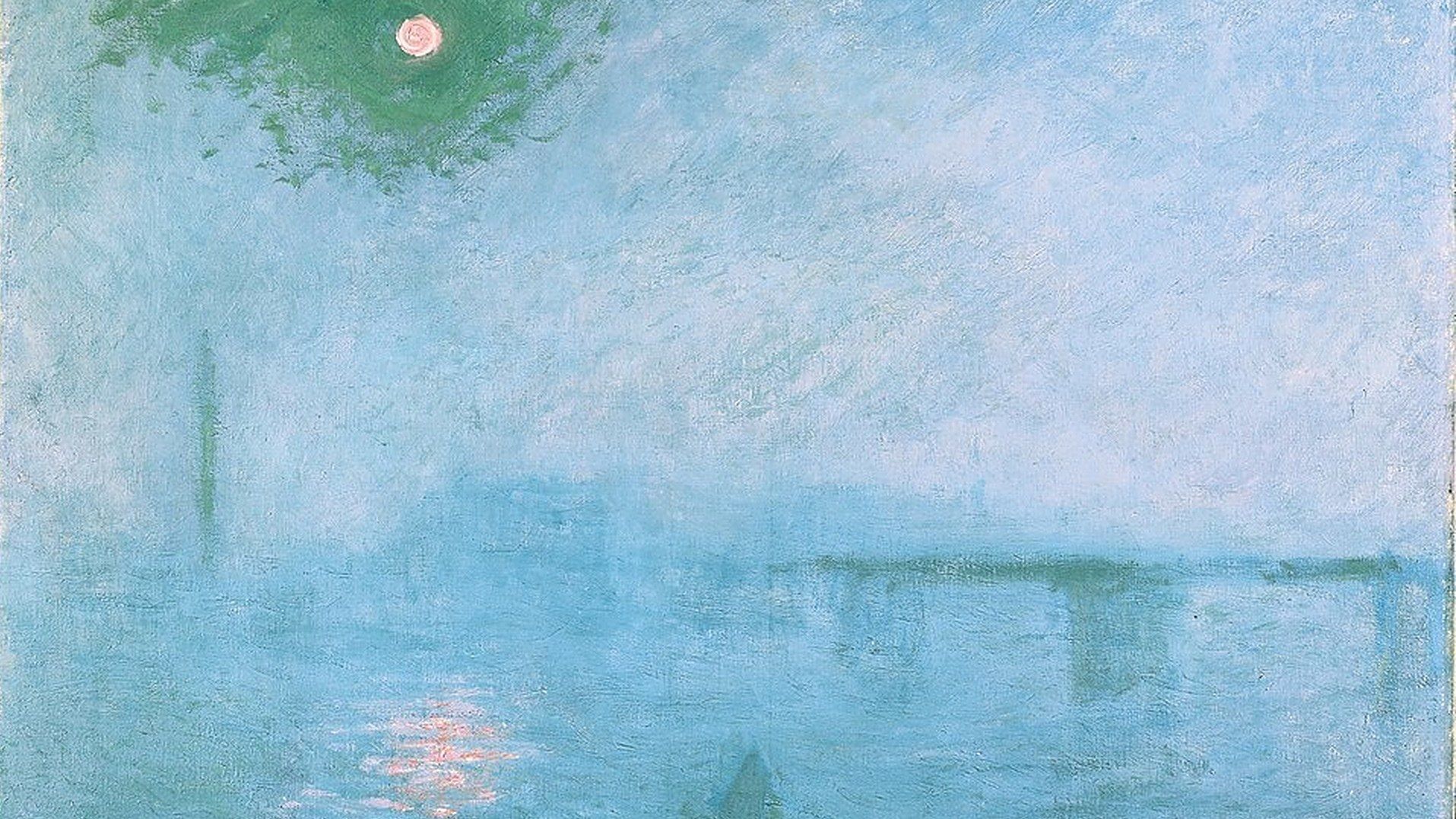Beethoven’s “The Creatures of Prometheus” Overture: Music for a Ballet
In 1800, around the time of the premiere of his First Symphony, the 29-year-old Ludwig van Beethoven received a commission to write music for a ballet based on the Prometheus myth. Beethoven’s collaborator and librettist was the the Italian choreographer and dancer, Salvatore Viganò. Although Viganò usually composed the music for his ballets himself, this occasion was far too important. The Creatures of Prometheus, a “heroic and allegorical ballet” in two acts, would be …

